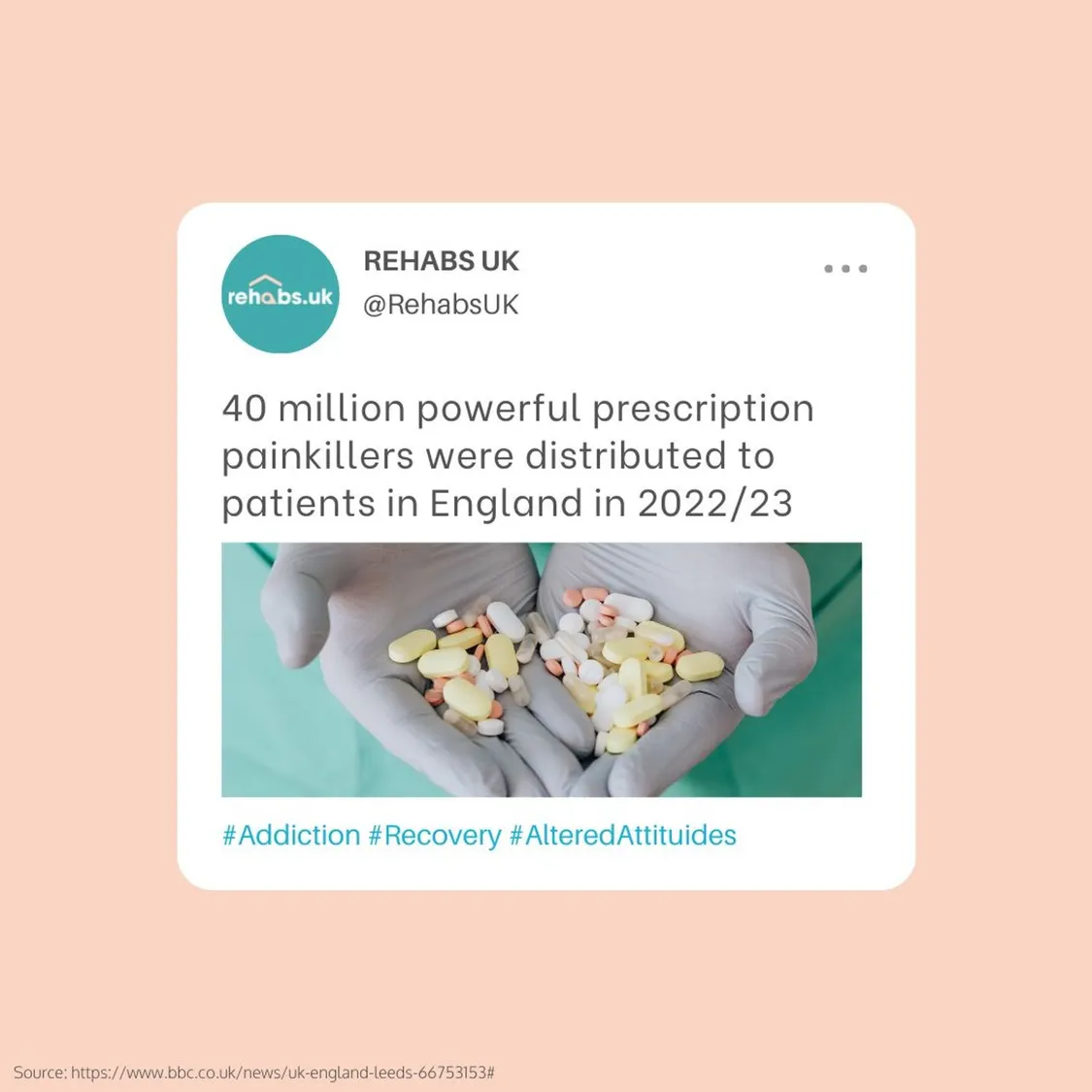22 Jan 2024
Painkiller addiction is a pervasive issue that affects countless individuals globally. It often begins innocently, with a prescription for managing pain, but can quickly spiral into a debilitating dependency. Understanding the complexities of painkiller addiction is crucial for both those directly affected and their support networks. In this article, we will delve into the challenges of supporting someone with a painkiller dependency and what friends and family can do to support their loved one, For a more in-depth look at Prescription Drug Dependency, Causes & Treatments, check out our comprehensive guide.
Challenges You Face When Supporting Somebody with a Painkiller Addiction
Witnessing a friend or family member struggle with painkiller addiction can be an emotionally taxing experience. The challenges are multifaceted, encompassing not only the individual's health but also affecting relationships, finances, and overall well-being. Let's take a closer look at the hurdles one may encounter when supporting a loved one through painkiller dependency.
Recognising the common signs of addiction:
- Identifying the signs of painkiller addiction can be challenging, as individuals may go to great lengths to conceal their dependency. Understanding the subtle behavioural and physical indicators is crucial for effective intervention and support. For more details on recognising signs of painkiller addiction, visit our article "Recognising the signs of painkiller addiction in a loved one".
Managing triggers:
- Caring for someone with a painkiller addiction involves navigating various triggers that can prompt cravings or relapses. These triggers may range from stress and emotional turmoil to environmental cues associated with drug use. Developing strategies to minimise and cope with these triggers is essential to create a supportive environment.
Dealing with resistance to support:
- Individuals struggling with painkiller addiction may resist or deny the need for help. Overcoming this resistance requires delicate communication and understanding. Caregivers often face the challenge of breaking through the walls of denial and defensiveness to encourage their loved ones to accept support and treatment.

How Can You Help a Loved One?
Open and Honest Communication Maintaining open communication is vital. Encourage your loved one to express their feelings and concerns without judgement. Establishing trust is the first step towards helping them seek assistance.
Educate Yourself about Crack Lung Syndrome Understanding the specific risks associated with painkiller addiction is crucial. "Crack lung syndrome," a term often linked to smoking crack cocaine, is a potential consequence of opioid misuse that can cause persistent coughing and increased risk of pneumonia. Familiarise yourself with crack lung syndrome’s symptoms and implications to better support your loved one.
Explore Treatment Options Together Research various treatment options, such as therapy, support groups, or rehabilitation centres. Collaborate with your loved one to find a solution that aligns with their needs and preferences.
Seeking Help for a Painkiller Addiction?
Recovery from painkiller addiction is possible, and a range of effective treatments exists. From counselling and behavioural therapies to medication-assisted treatment, individuals have multiple avenues to explore on their journey to recovery.
It's crucial to emphasise the importance of seeking professional help, such as contacting specialists like Rehabs UK. Regardless of the chosen treatment path, consulting with a medical professional ensures a tailored and supportive approach.
If you or someone you know is struggling with painkiller addiction, don't hesitate to reach out. Complete our contact form to connect with experts who can guide you through the available options and provide the support needed for a successful recovery.
